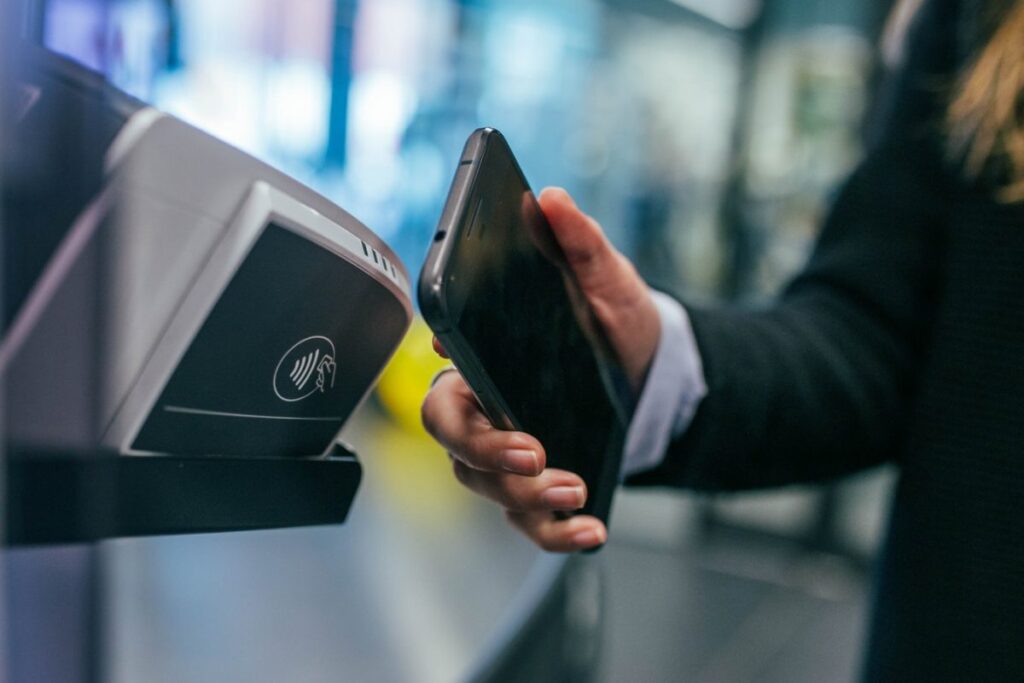The Advantages of a Smart Ticketing System for Smaller Operators

Mobile ticketing systems offer numerous benefits for smaller operators, providing a friction-less travel experience with straight forward implementation
Invented by IBM in the early 1960s, the magnetic stripe ticket has become ubiquitous. The technology, which first debuted on metro systems in London and San Francisco, is now used over 50 billion times a year. But in the face of the latest systems on the market, notably Smart Ticketing Systems, it now has its disadvantages. It takes up time; customers often scramble to find their magnetic stripe cards and hold up the queue. And it’s not always convenient; if a ticket is lost or stolen, a customer must wait several days to receive a replacement card in the mail. In addition, it can be costly for both rider and operator. Riders sometimes end up purchasing the maximum fare even when unnecessary, and operators must purchase on-vehicle equipment that is sometimes unreliable.
Transportation executive Steve Howe maintains that customers now want “frictionless travel.” “Just like they have a frictionless experience buying music, books – in fact, just about anything,” he says. According to Howe, current ticketing systems discourage people from taking public transport.Rail Delivery Group managing director Jacqueline Starr has other complaints about traditional tickets. “The equipment needed to manage paper tickets, such as ticket printers and barriers, is expensive to maintain. Paper tickets are subject to fraud and it is difficult and expensive to track their use in real time, so we can’t provide customers with additional highly-valued services such as proactive information on delays. Paper tickets fundamentally limit our ability to innovate.”
Mobile ticketing systems offer numerous advantages especially for smaller operators and can be straightforward to implement. The key is in choosing a system that is right for the operator in question and selecting a specialist in that particular field. A purpose-designed solution that is tried and proven – often with larger operators – will deliver cost-effectiveness and promises to simplify the purchase process, minimize customer frustration, and promote cost-effectiveness and flexibility. The data that these systems store can help create a more personalized experience for passengers, who can save and re-use their itineraries. Operators can aggregate this data and use it to optimize travel schedules, eliminating unprofitable lines. Howe says, “If you have route, service, stop and fare data in a structured electronic form, and customers armed with smartphones, as an operator you’re ready to go.”
The buzzword of smart ticketing today is “Intelligent Mobility” (IM). In a New Electronics article, technology officer Paul Zanelli explains, “It is all about improving people’s and business’ experience of train travel, using technology to make journeys easier, faster, and cheaper and making train stations more intelligent, helping to transform how we use the rail network.” Smart ticketing systems are an essential part of IM.
ECR provides smart ticketing for trams, buses and coaches that uses technology to vastly improve the efficiency of a person’s journey. The system is infinitely scalable and is adaptable to pretty much any size and type of business. We’re proud to announce that we’ve just received ITSO accreditation for our Go2 device running our TicketPoS software, which means that we can now provide to local authority operators that conform to ITSO standards.
While magnetic stripe tickets and readers are all around us, they may one day be supplanted with a technology that will make life easier for all of us, small operators included.
